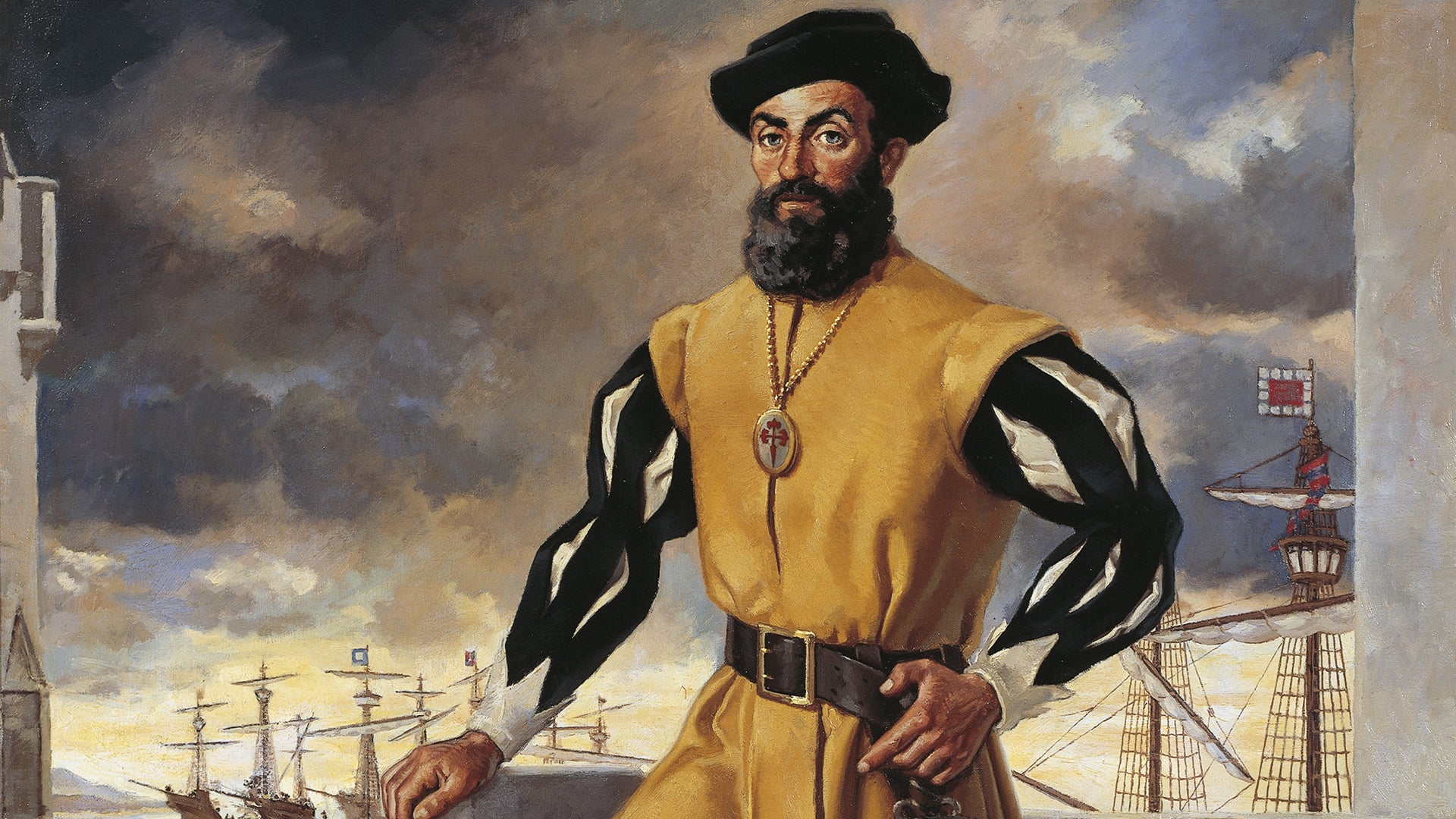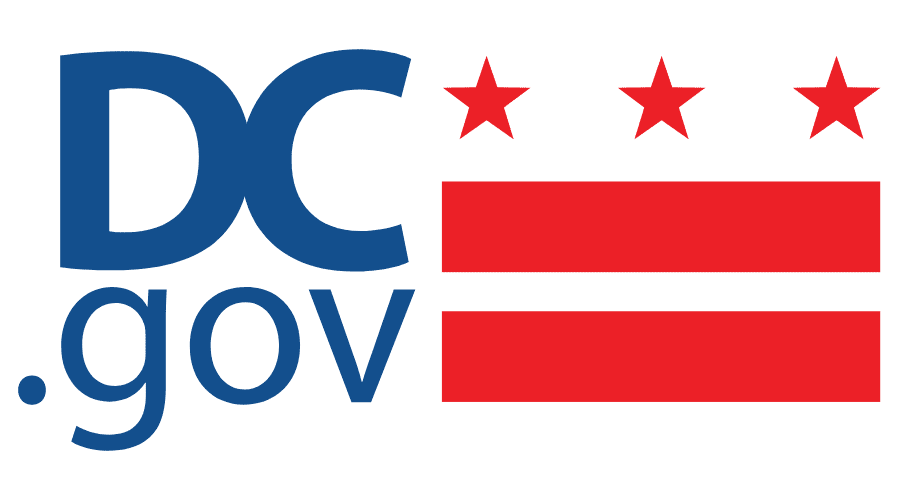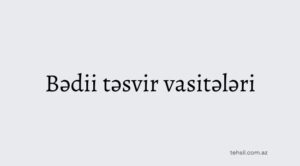Vladimir Putin
7 min read
-Who is Vladimir Putin?
Vladimir Putin is the current President of the Russian Federation, having held the office since 7 May 2012. He was Prime Minister from 1999 to 2000, President from 2000 to 2008, and again Prime Minister from 2008 to 2012. During his second term as Prime Minister, he was also the Chairman of the United Russia Party, which holds a majority of seats in the Government of Russia. Under his leadership, Russia has enjoyed significant economic growth and stability, although there have been some concerns about corruption and human rights abuses.
Born in Leningrad (now Saint Petersburg) in 1952, Putin graduated from Leningrad State University in 1975 with a degree in law. He then joined the KGB, where he rose to the rank of Lieutenant Colonel before resigning in 1991. He subsequently moved into politics, serving as a member of the Saint Petersburg City Council from 1991 to 1996 and as the Governor of Saint Petersburg from 1996 to 1999.
Putin first became President of Russia on 31 December 1999, when he was appointed by then-President Boris Yeltsin. He was re-elected to the presidency in 2004, and again in 2012. During his first term as president, Putin oversaw a number of significant changes, including the introduction of a new constitution, the reduction of presidential terms from four years to two, and the transfer of power from the president to the prime minister. He also oversaw the Russian military intervention in Chechnya, which resulted in a significant decrease in terrorist activity in the region.
Putin’s foreign policy has been characterized by a focus on strengthening Russia’s relationships with its traditional allies, such as China and India, while also seeking to improve relations with the United States and Europe. He has also been critical of NATO expansion and has worked to increase Russian influence in global affairs.
-Early life and career of Vladimir Putin
Vladimir Putin was born in Leningrad, Soviet Union, on 7 October 1952. His parents were factory workers and his grandfather was a conscript in the Soviet army. He was brought up in a communal apartment with three other families.
Putin attended the local elementary school and later the secondary school attached to Leningrad State University. He was a keen sportsman, playing football and Judo. He graduated from Leningrad State University in 1975 with a degree in law.
Putin began his career in the KGB, the Soviet Union’s security service, in 1975. He rose through the ranks, serving in a number of posts including as a bodyguard for Soviet leaders. He was posted to Dresden, East Germany, in 1985.
In 1991, Putin returned to Leningrad, where he worked in the city’s administration. He later moved to Moscow, where he worked in the Kremlin’s administration.
In 1999, Putin was appointed Prime Minister of Russia by then-president Boris Yeltsin. He served in this role for less than a year before being appointed President of Russia following Yeltsin’s resignation.
Putin has been president of Russia since 2000. He was re-elected in 2004 and 2012. His current term runs until 2024.
Under Putin’s leadership, Russia has become a major global power. He has worked to increase Russia’s economic and military might. He has also been a key player in international affairs, seeking to increase Russia’s influence in the world.
Putin has been described as an autocrat. Critics say he has undermined democracy in Russia and trampled on human rights. Supporters say he has brought stability to Russia and made it a stronger country.
-Putin’s election as president of Russia
On Sunday, Vladimir Putin was elected president of Russia for a fourth term, extending his hold on power for another six years. With nearly 77 percent of the vote, Putin won a resounding victory, his best showing since he first became president in 2000.
Putin’s victory was never in doubt, but the election was marred by reports of widespread ballot-box stuffing and other irregularities. Opposition leader Alexei Navalny, who was barred from running, called for a boycott of the vote, and hundreds of his supporters were arrested in the days leading up to the election.
Still, Putin will return to the Kremlin with a strong mandate from the Russian people. And with the country facing a host of challenges, from an ailing economy to international sanctions, Putin will need to hit the ground running in his new term.
-Putin’s first presidential term
Vladimir Putin was first elected president of Russia in 2000, and he served two consecutive terms. Putin’s first presidential term was marked by a number of significant events and developments.
In his first year in office, Putin launched a major military campaign in Chechnya, which had been plagued by separatist violence for years. The campaign was widely criticized by human rights groups, but it was popular with the Russian public and helped Putin solidify his power.
In September 2001, Putin delivered a speech to the UN General Assembly in which he called for a global coalition against terrorism in the wake of the 9/11 attacks. The speech helped boost Putin’s international image and reputation as a statesman.
In 2002, Putin signed a landmark arms control treaty with the United States, known as the Moscow Treaty. The treaty was a major achievement for Putin and helped to improve relations between the two countries.
In 2003, Putin was named Time magazine’s Person of the Year. The award was a recognition of Putin’s growing international stature and his role in leading Russia through a period of post-Soviet transition.
In 2004, Putin was elected to a second term as president. He won a landslide victory, taking more than 70% of the vote.
During his second term, Putin continued to solidify his power at home and increase Russia’s international influence. In 2005, he oversaw the creation of a new national security strategy that emphasized the need to increase Russia’s military power.
In 2006, Putin signed a series of energy deals with China that helped to boost Russia’s economic and political clout in the region.
In 2007, Putin held a summit with U.S. President George W. Bush in which the two leaders discussed a range of issues, including terrorism, Iran, and North Korea. The summit helped to improve relations between the two countries.
In 2008, Putin was elected to a third term as president. He won another landslide victory, taking more than 70% of the vote.
During his third term, Putin continued to consolidate his power and increase Russia’s international influence. In 2009,
-Putin’s second presidential term
2018 marked the start of Vladimir Putin’s fourth presidential term.
This time around, the Russian leader will be in office for six years, rather than the traditional four.
Putin’s second presidential term was marked by increased domestic stability and a continued focus on economic growth.
During his first term, Putin faced a number of challenges, including the 9/11 attacks and the global financial crisis.
But by the end of his second term, the Russian economy was booming and Putin’s approval ratings were at an all-time high.
Looking ahead to his fourth term, Putin has said that he wants to continue to focus on modernizing the Russian economy.
He has also promised to continue his efforts to reduce poverty and improve living standards for all Russians.
-Putin’s third presidential term
On March 18, 2018, Vladimir Putin was elected to his third consecutive term as President of the Russian Federation. This win marks Putin’s return to the Kremlin for another six-year term, after serving two terms as President from 2000 to 2008 and then four years as Prime Minister. Putin’s victory was widely expected, as he faced no serious challengers and had the support of the Russian establishment. Nevertheless, Putin’s win is significant, as it solidifies his grip on power and ensures that he will remain a central figure in Russian politics for the foreseeable future.
Putin’s third presidential term comes at a time of increased tension between Russia and the West. In recent years, Putin has been accused of meddling in Western elections, annexing Crimea, and orchestrating a campaign of cyberattacks against Western targets. As a result, Putin has become a polarizing figure, and many Western leaders view him with suspicion. Putin’s third term is likely to see continued tension between Russia and the West, as Putin is unlikely to change his course in the face of Western criticism.
Despite the challenges that Putin faces, his third presidential term is likely to be a period of stability for Russia. Putin is a popular leader, and his support base is likely to remain strong. Moreover, Putin has shown himself to be a skilled politician, and he is likely to continue to navigate the complex political landscape in Russia. As a result, Putin’s third presidential term is likely to be a period of stability and prosperity for Russia.
-What Putin has accomplished as president of Russia
Vladimir Putin has been the president of Russia since 2012, and in that time he has made some impressive accomplishments. Here are just a few of the things Putin has done during his time in office:
-He has worked to improve Russia’s economy, and in doing so he has helped to reduce poverty and improve living standards for the average Russian citizen.
-He has made Russia a more stable country, both politically and economically.
-He has strengthened Russia’s military and made it a force to be reckoned with on the international stage.
-He has improved Russia’s relationships with other countries and made it a more respected player on the world stage.
All in all, Vladimir Putin has been a very successful president and has made Russia a stronger and more prosperous country.







